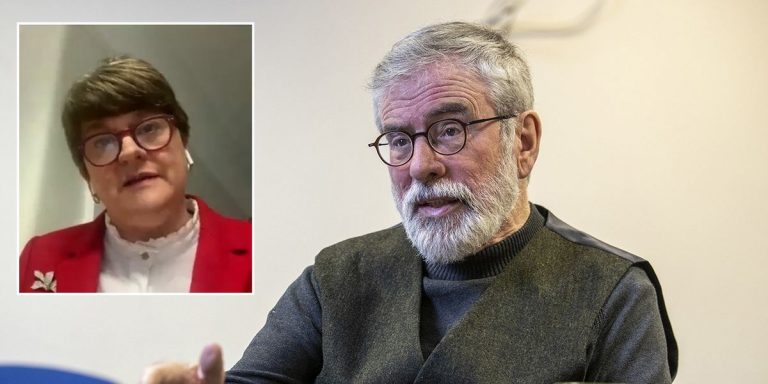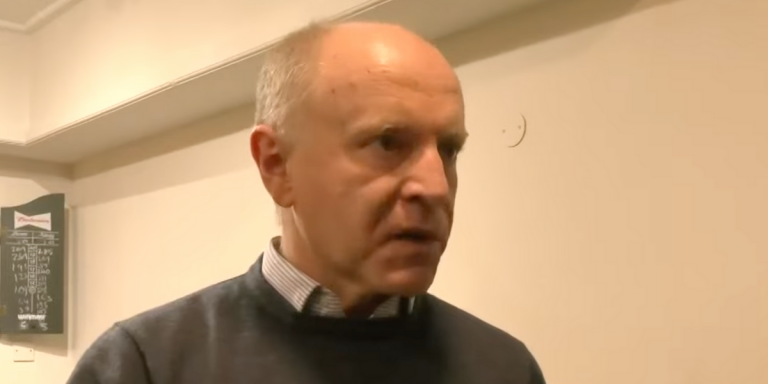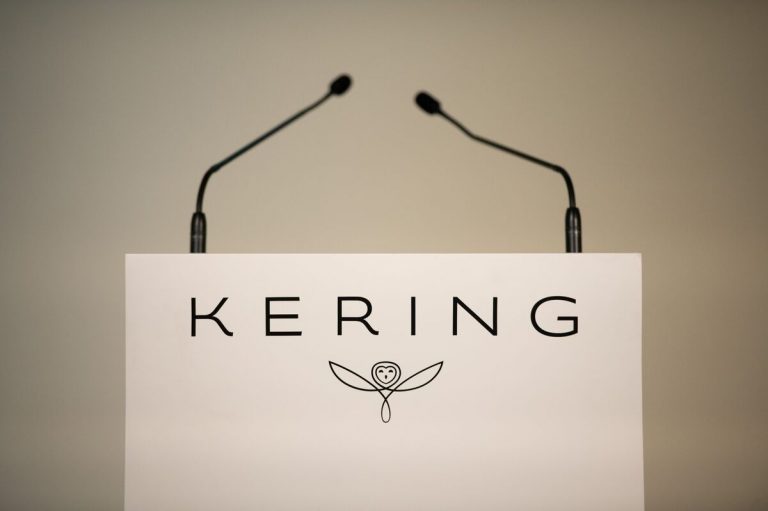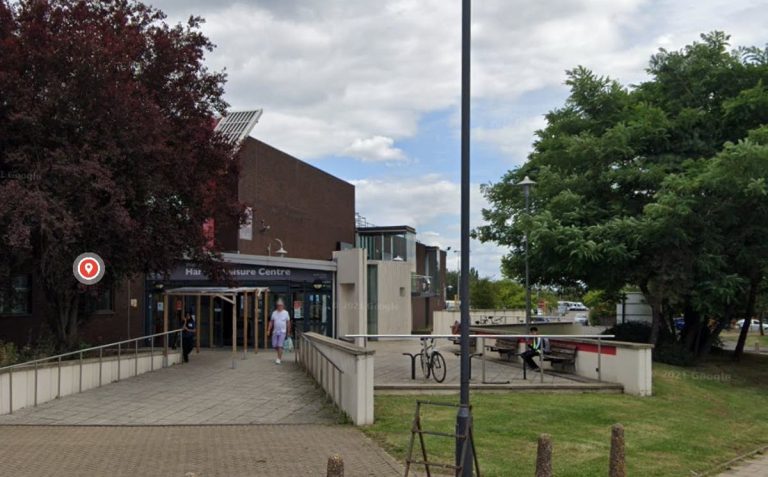
Anas Sarwar (Photography by Alister Thorpe)
11 min read
Sienna Rodgers talks to Scottish Labour leader Anas Sarwar about the UK government’s ‘teething problems’, a bespoke immigration solution for Scotland and how to fight Reform
Scottish Labour played a significant role in propelling the UK party to power in July by increasing its own cohort of MPs from just one to 37. Anas Sarwar has been of great help to the Prime Minister – when is Keir Starmer going to start returning the favour?
Sarwar laughs. “When I took on the job three-and-a-half years ago, the lowest share of the vote – pretty much in any nation or region of the UK – was in Scotland,” he recalls.
“Everyone at that point thought the Scottish Labour Party would be the drag on the ticket, and perhaps we wouldn’t see a majority Labour government because we wouldn’t make significant gains in Scotland.
“But we ended up in a situation in July where the share of the vote increased on average 1.6 per cent outside of Scotland and increased 16 per cent in Scotland.”
Looking ahead to the 2026 Holyrood elections, the 41-year-old is up for the challenge. Sarwar has come far since 2010, when he took over the Glasgow Central seat of his businessman father Mohammad, who had moved to Scotland in his 20s. He spoke little English but went on to become the UK’s first Muslim MP. Anas has described himself as “more ideological” than his father – later a governor of Punjab – whose politics in Labour were pragmatic and focused on foreign policy concerns.
After five years in Westminster, Sarwar left and was soon elected as a Glasgow MSP. He became leader of Scottish Labour in 2021, after Starmer’s clear-out of Corbynites led to Richard Leonard being ousted.
I’m the first, as a former dentist, to say there’s been some teething problems since the election
In July, having overhauled the operational abilities and finances of Scottish Labour, Sarwar looked on course for certain victory in 2026. But now a Labour government has taken power, and a few unforced errors later it seems possible the SNP could win a staggering fifth term.
“I’m the first, as a former dentist, to say there’s been some teething problems since the election,” Sarwar smiles. “That’s not a surprise to anybody. But we have to be realistic about what the UK Labour government inherited – a flatlining economy, broken public finances and broken public services.”
The Scottish Labour leader often compares his project to that of Andy Burnham, but he takes a notably different approach to the Greater Manchester mayor when it comes to the UK party leadership. Sarwar has decided to prioritise good relations with the centre, rather than emphasise the differences to prove the Scottish party is no “branch office” of UK Labour, in the famous words of former leader Johann Lamont. He believes Labour co-operation can beat the SNP’s preference for conflict.
“The SNP will want to pretend that every problem facing Scotland, every problem facing the UK, started with the election of a Labour government, or that somehow every problem can be fixed within 18 months, two years, by a Labour government in every part of the UK, when this is not true,” Sarwar says.
“We have this weird situation in Scotland where the SNP want to blame Westminster for all our problems but are also waiting for Westminster to fix all our problems. I’m not willing to wait for someone else to come and fix all our problems.”
One assumes he would appreciate a leg-up from his UK counterparts, however. What does he think delivery for Scotland looks like in the next 16 months?
“The most important thing is that we deliver the promises made in the election,” Sarwar replies. “The UK Labour government has to deliver that new deal for working people. It has to prioritise growth. It has to ensure that we have GB Energy headquartered in Scotland. It’s got to promote brand Scotland to the world.”
Labour MPs are still reeling from the intensely negative public reaction to the pre-Budget announcement that winter fuel payments would become means-tested. The SNP has pledged to reintroduce payments to all pensioners from next year.
But as for Rachel Reeves’ Budget itself, Sarwar is pleased.
“I think the Scottish government was surprised – as well as many people in Scotland and across the UK – by just how decisively the Chancellor did end the era of austerity, and she did give that record settlement for the Scottish government to spend.
“Our challenge now is, are they going to spend that money wisely, or are they going to squander the opportunity? My fear is they’ll squander the opportunity.”

The two-child benefit cap, which the Labour government has so far refused to scrap, is seen as another political challenge in Scotland. Sarwar calls the SNP’s plan to reverse it from April 2026 “a policy without a penny” but admits he thinks the cap is wrong.
“I don’t support the two-child benefit cap. If we are to decisively move on the welfare part of how we tackle child poverty, we need to see movement on the two-child benefit cap. I’ve always been clear, though, that a Labour government can’t fix every problem straight away,” he says.
Perhaps Starmer and co could help Sarwar with immigration, as it is widely agreed in Scotland that they need more of it. In October, a UK government source told the BBC: “We are not at all considering a Scottish visa system.” But Sarwar reports that he is in talks with the Home Secretary about finding a bespoke solution for Scotland.
“I’ve had a number of conversations with Yvette Cooper and UK colleagues in the run-up to the election and since the election. They already want to reform the Migration Advisory Committee to make sure there is proper Scottish representation. They recognise there are different migration needs in different parts of the country,” he says.
“How do you have an immigration system that respects a single Border Agency, that respects a single immigration system, but also recognises the different demographics and different challenges in different parts of the country? That’s what we’d like to see in terms of reforming the Migration Advisory Committee.”
He points to the Fresh Talent scheme, launched in 2004 when Labour was empowered in Westminster and Holyrood. In encouraging people to settle in Scotland, one measure allowed overseas graduates to stay on for two years to find work. “Through co-operation rather than conflict, these are all models we can look at again in the future,” Sarwar hints.
On constitutional reform, the Scottish Labour leader confirms to The House that he still supports turning the House of Lords into a “Senate of the Nations and Regions”. The UK Labour leadership has declined to take forward this idea, however, as with most of the proposals in the constitutional review it commissioned from Gordon Brown.
Sarwar would also like to see a “legal duty of co-operation” between Westminster and Holyrood brought in, and parliamentary privilege in the Scottish Parliament.
“On privilege, I’ve got personal skin in the game,” he explains. “I’m really involved in exposing the infection scandal at the Queen Elizabeth University Hospital, where at least two children really tragically lost their lives. Their parents were never told the true cause of their death. Because of information that was given to me by whistleblowers, I was able to expose that in Parliament, and we now have a public inquiry.”
Unlike MPs, MSPs do not have the privilege to speak freely with immunity, which meant Sarwar had to take a risk and open himself up to potential legal challenge.
“I wanted to do what was right by these families,” he says. “I took the decision to raise the cases in Parliament and to expose the information given to me by whistleblowers. That shouldn’t be left to individual politicians deciding whether they are brave enough to do it.”
While seeking to strengthen the Scottish Parliament, he also has plans to “push power, resources, opportunity out from Holyrood” and bolster Scottish regions. He says the Greater Manchester Combined Authority’s protest against tougher lockdown measures in their area – featuring Burnham’s famous eyeroll – exposed a “glaring gap” where a similar set-up for Glasgow should have been.
There is an electoral dimension to the proposal too, as he says: “Part of the deliberate strategy of the SNP government has been to dumb down local identity and play up national identity because it suits their political narrative.”
So, would he be on board with regional mayors in Scotland? “Yeah, absolutely, that’s definitely one of the models that we would look at. I would be very supportive of that model.”
Let’s not make the mistake that our friends in the Democrats made
Alongside constitutional questions, energy is central to conversations around Scotland’s future. With the Labour government ruling out new oil and gas licences, it is crucial that Ed Miliband’s state-owned Great British Energy – headquartered in Aberdeen – delivers benefits.
Praising “our GB Energy minister” Michael Shanks and new GB Energy chair Jürgen Maier for their levels of engagement, Sarwar says the company’s early investments should be in port infrastructure rather than wind farms.
“The large-scale jobs come from the production of the components, the port infrastructure, the transportation, the production of the actual wind turbines. And if I’m being honest, we are supply chain-weak, but we are energy-rich. We have to get supply chain-rich to match the energy-rich,” he says.
He points out that German majority state-owned energy company EnBW is making international investments, including in Scotland’s seabed and offshore wind capacity, to fund services at home.
“Why can’t a UK-state owned company do that too, and in future perhaps even a Scottish state-owned company do something that was promised by this SNP government?” Sarwar asks. (The SNP pledged in 2017 to set up a publicly owned firm to sell energy to consumers, unlike GB Energy which will not enter the retail market. The plans were dropped.)
Right now, the transition is presenting political problems. The Grangemouth refinery closure has not been halted despite promises made by Starmer and Sarwar that Labour would save the 400 jobs. New local Labour MP Brian Leishman has made his frustration clear.
“We cannot make the mistakes that Thatcher made with the coal mining industry, where a transition was promised and wasn’t delivered,” Sarwar says. He adds that there has been progress on potential solutions. “But do I think there’s much more work to do? Absolutely.”

Grangemouth is where Reform UK decided to launch its Scottish manifesto. Nigel Farage’s party is feeling confident about its potential to disrupt Holyrood, and says on current polling Reform would get two regional list MSPs in Glasgow, traditionally a left-wing city. How worried is Sarwar about the rise of Reform, both electorally and more broadly?
“I’m less worried in electoral terms,” he says, explaining that he still believes the framing of 2026 will be SNP versus Labour. Asked whether he would accept Reform support to get the SNP out, he replies: “We won’t turn back on good ideas from other political parties, regardless of where they come from, but we would seek to form a minority administration.”
“Let’s not make the mistake that our friends in the Democrats made,” he adds, “where we concentrate on the symptom and the personalities that people are being driven to because of their frustration with the system, rather than focusing on the issues that are driving people to that frustration”.
“I’m not going to focus on the personalities. I’m not going to focus on the symptoms. I’m going to focus on the cause. And if we’re being honest about the cause, people believe that the economy doesn’t work for them. They believe politics doesn’t work for them.
“They believe that the political class as a collective – regardless of whether they are from the Labour Party, Conservative Party, the SNP, the Liberal Democrats, any mainstream party – they believe that what they focus on, what their priorities are, don’t match the priorities in their life.”
He says a focus on “culture and identity issues”, which the Democrats had, would be wrong and “inadvertently pushing away those very same people you need to be pulling towards you”. “I’m not going to do that,” he vows.
Sarwar says Scottish voters thought Alex Salmond and Nicola Sturgeon were “good at campaigning and good at projecting competence”, while Humza Yousaf was “bad at campaigning, bad at projecting competence”. His verdict on John Swinney: “Bad at campaigning – and is he more a manager than a leader?”
“We have got to demonstrate that government is not about campaigning,” the Scottish Labour leader declares. Government may not be but winning is – and that’s his first task.
“Three and a half years ago, if I had said, ‘My ambition is to be First Minister of Scotland’, people probably would have looked at me and thought, ‘This guy’s deluded’. Now, I think it’s a realistic objective for us. But have we got hard work to do? Yes.”
The interview with Anas Sarwar is from the ‘UK Nations’ edition (13 January 2024) of The House magazine.
PoliticsHome Newsletters
PoliticsHome provides the most comprehensive coverage of UK politics anywhere on the web, offering high quality original reporting and analysis: Subscribe




























+ There are no comments
Add yours